Cntly Broker Review
In the world of online trading, brokers often distinguish themselves by transparency, regulatory compliance, and fair treatment of their clients. Unfortunately, Cntly, operating through cntly.co and m.cntly.co, fails to meet these standards. The company has presented itself as a European-regulated broker with innovative technology, yet closer inspection reveals offshore registration, fictitious licenses, and an association with a much larger network of websites — most notably Pocket Option. This review explores Cntly’s background, regulation, trading conditions, and client experiences to uncover why this broker is considered high risk.

Company Background and Registration
Cntly marketed itself as an international brokerage, claiming oversight from the Cyprus Securities and Exchange Commission (CySEC) under license number 34578. However, verification of CySEC’s official database shows no such license exists.
Further research reveals:
- The company does not appear in the registers of respected regulators such as the FCA (UK), ASIC (Australia), or the Central Bank of Russia.
- The original registration points to Saint Vincent and the Grenadines, a jurisdiction notorious for hosting unregulated brokers.
- The connected brand Pocket Option is legally tied to PO Trade Ltd, incorporated in Saint Lucia, another offshore haven with limited financial supervision.
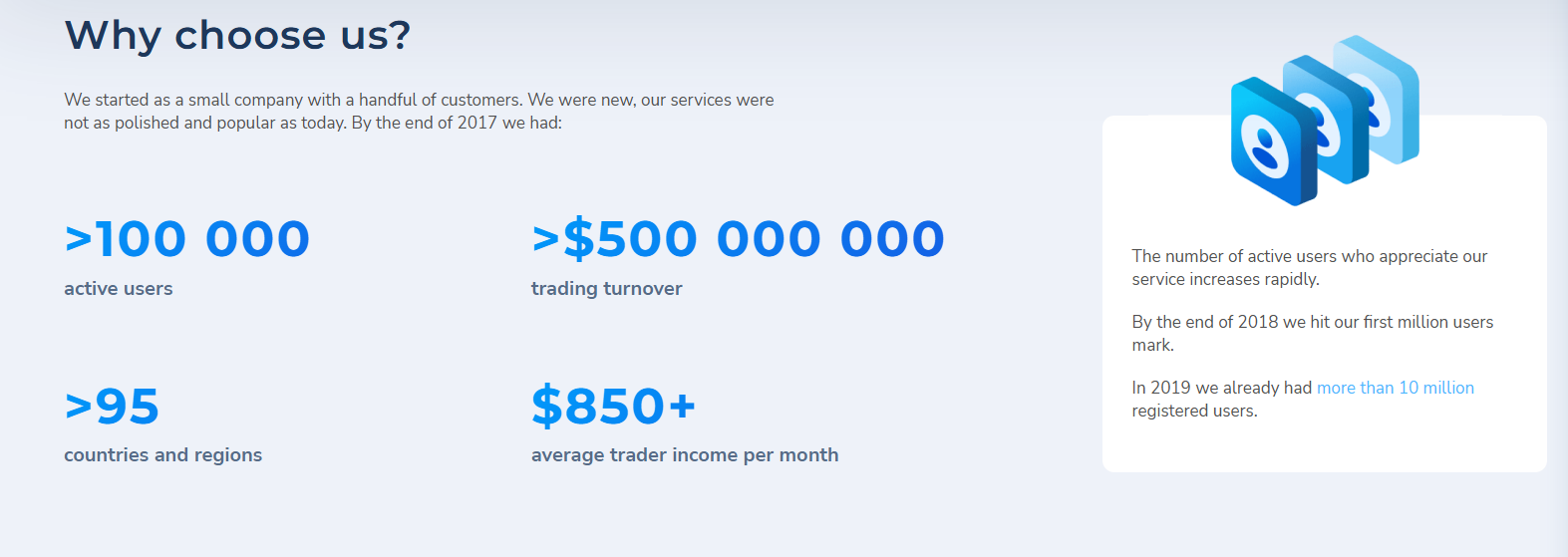
These details confirm that Cntly operates outside the oversight of recognized regulators, leaving clients without protection in case of disputes or insolvency.
Regulatory Warnings
Cntly’s lack of regulation has not gone unnoticed. On September 14, 2021, the Central Bank of Russia added cntly.co and several related domains, including those of Pocket Option, to its official blacklist of companies with signs of illegal financial activity.
Similarly, the French regulator AMF (Autorité des Marchés Financiers) placed Pocket Option on its list of unauthorized brokers, warning that the company offers financial services in France without permission.
These warnings carry weight: when two major regulators independently flag the same network of domains, it signals systemic non-compliance and potential fraud.
Network of Associated Projects
One of the most concerning aspects of Cntly is its link to a broader network of brokers operating under different names. Dozens of domains — such as pocketoption.com, po-trade.xyz, quotex-ru.com, and others — share identical design, functionality, and infrastructure.
The strategy is clear:
- Domain rotation allows the group to bypass government blocks and continue attracting new clients.
- Rebranding enables the operation to distance itself from negative reviews.
- Uniform platforms make it easier to run the same trading model across multiple sites.
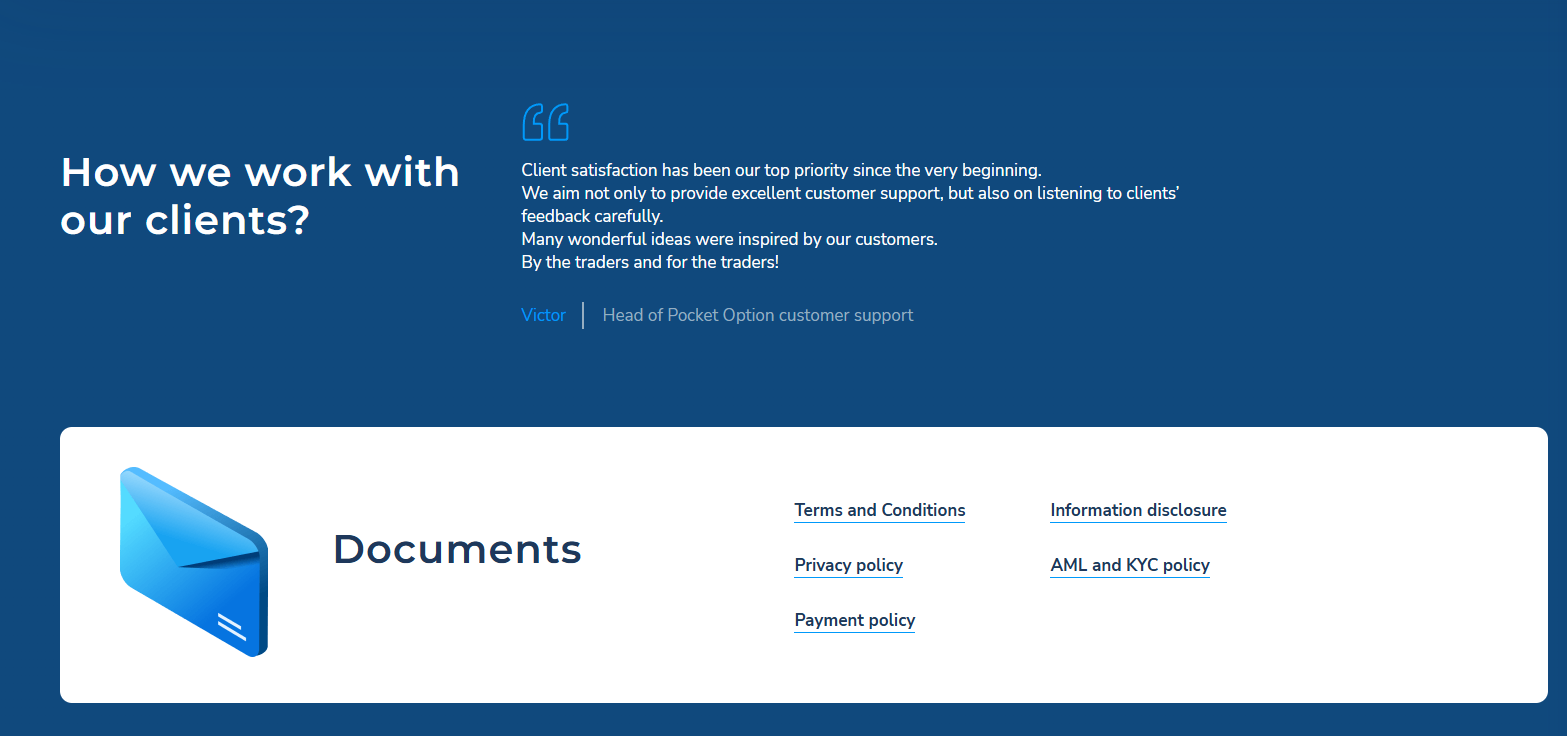
This pattern demonstrates that Cntly is not an isolated broker but part of a much larger scheme designed to obscure accountability.
Trading Conditions
At first glance, Cntly advertises attractive opportunities: binary options, CFDs, and access to financial markets through a sleek web and mobile platform. However, the fine print reveals highly unfavorable conditions for traders:
- Withdrawal commissions between 25% and 40%, effectively trapping client funds.
- Right to suspend or terminate accounts at the broker’s discretion without explanation.
- Prohibition of class-action lawsuits, preventing clients from uniting against the company.
- No negative balance protection, exposing traders to debt risks.
Such terms heavily favor the broker and are rarely seen in regulated financial institutions.
Account Types
Cntly offered several account tiers differentiated by:
- Minimum deposit requirements,
- Bonus structures,
- Access to additional tools or services,
- Priority in customer support.
However, these account conditions were inconsistent. Terms frequently changed without prior notice, creating uncertainty for clients and making long-term planning impossible. This lack of stability further undermines trust in the broker’s reliability.
Platform Analysis
Cntly’s trading platform is a mirror of Pocket Option’s system, underscoring their connection. Key points include:
- Identical user interface and design, down to menu placement and chart layouts.
- Web-based platform and mobile applications available for iOS and Android.
- Instruments are limited primarily to binary options, supplemented by a small range of CFDs on currencies, stocks, commodities, and cryptocurrencies.
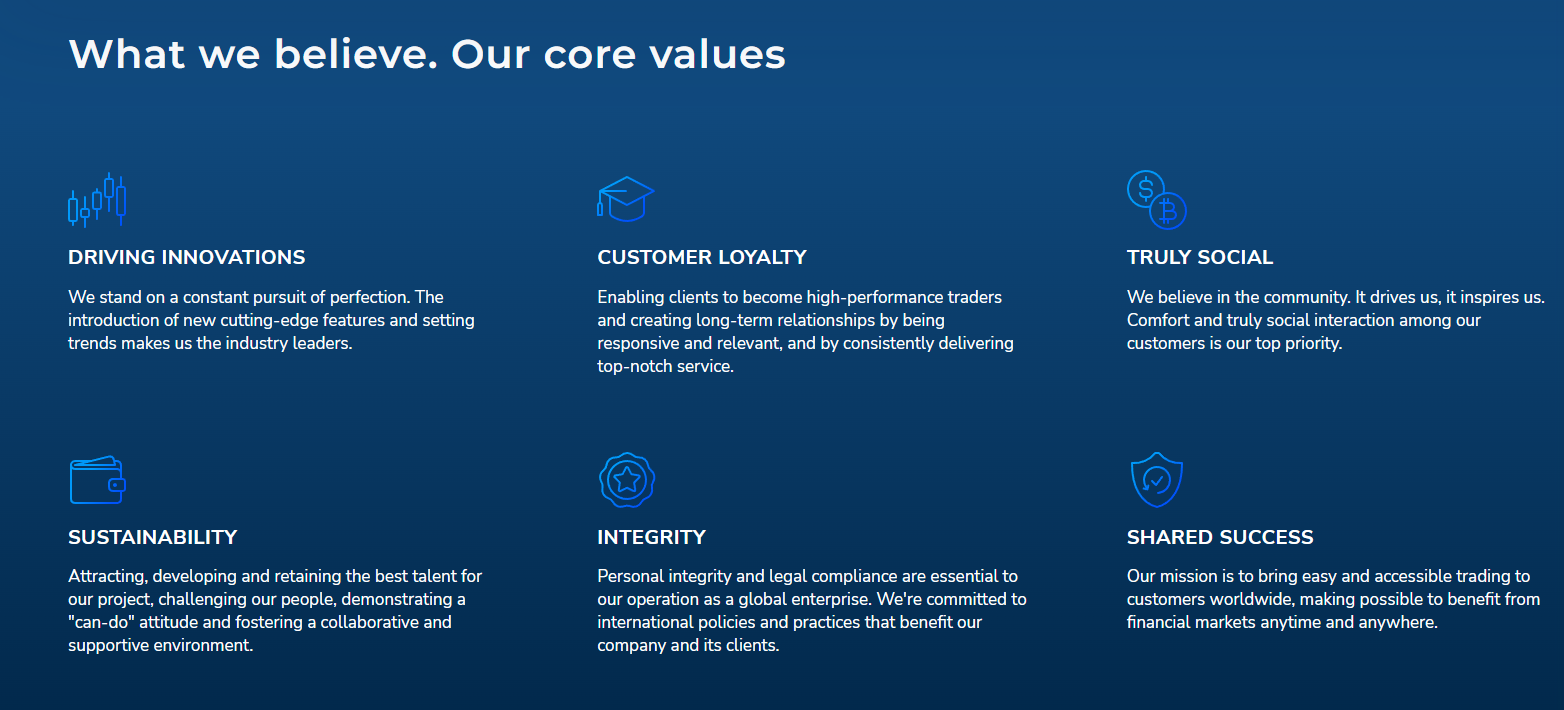
Crucially, trading is executed in a closed environment, not on the real market. This means quotes and trade outcomes are controlled entirely by the broker, enabling manipulation of prices, delayed order execution (reported at 12–72 hours), and disregard for stop-loss orders.
Fraud Indicators and Client Complaints
Client feedback paints a consistent picture of malpractice:
- Account freezes without justification after withdrawal attempts.
- Delays or outright refusal of withdrawals, often accompanied by demands for additional “taxes” or “fees.”
- Manipulation of trades, including altered price quotes and ignored stop-losses.
- Aggressive marketing tactics, such as cold calls and promises of 300–500% annual returns.
- Intimidation and threats, with some clients reporting menacing letters from the broker’s so-called “legal department” when they attempted legal action.
These cases highlight a clear pattern of systematic fraud.
Offshore Jurisdiction Risks
Operating from Saint Vincent and the Grenadines and Saint Lucia offers Cntly significant protection — for the company, not the client. Offshore regulators in these regions:
- Do not audit brokers’ financials.
- Provide no dispute resolution mechanisms.
- Do not enforce compensation schemes for defrauded investors.
For traders, this means there is virtually no legal recourse once funds are lost.
Conclusion on Cntly
Cntly is part of a wider offshore operation that includes Pocket Option and dozens of associated domains flagged by international regulators. The broker’s claims of European licensing are false, its terms heavily disadvantage clients, and its track record includes numerous verified complaints of fraud, blocked withdrawals, and intimidation.
Final assessment: Cntly cannot be considered a safe or legitimate broker. The combination of fake regulation, offshore registration, regulatory blacklists, and negative client experiences makes it a high-risk operation best avoided.
For traders seeking reliable brokerage services, the recommendation is clear: work only with brokers licensed by recognized authorities such as the FCA, ASIC, or CySEC, and avoid unregulated offshore schemes like Cntly/Pocket Option.


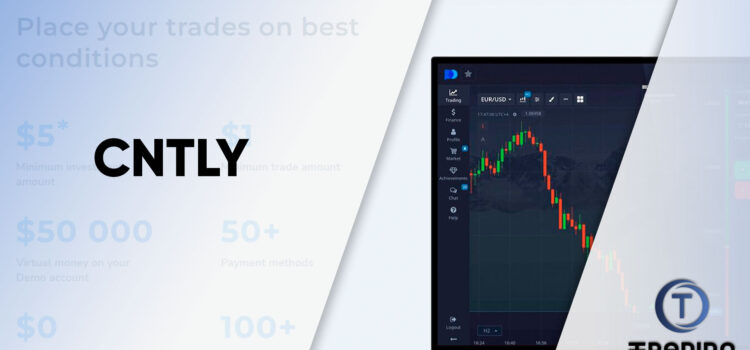

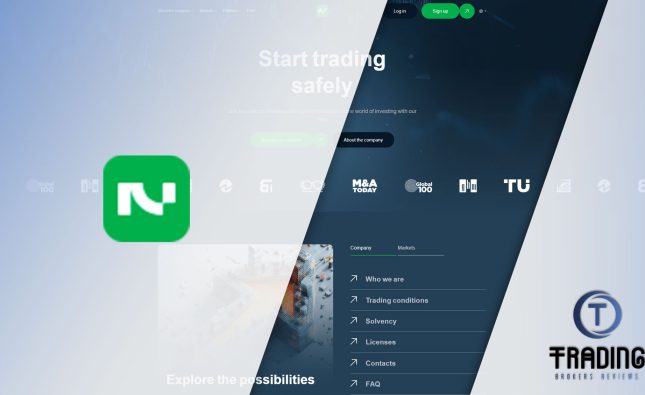

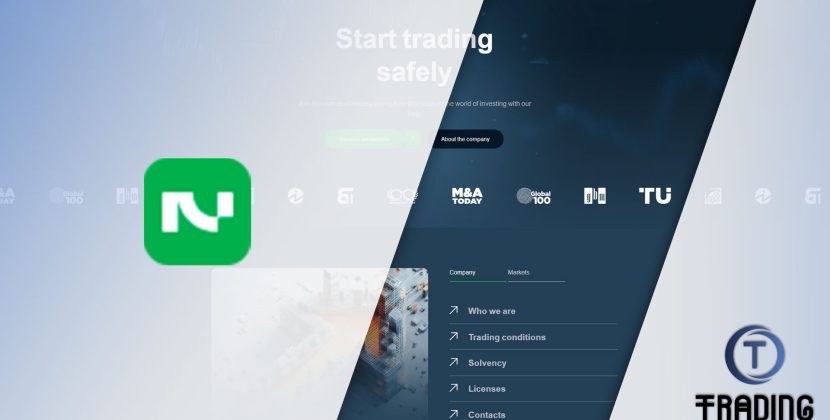
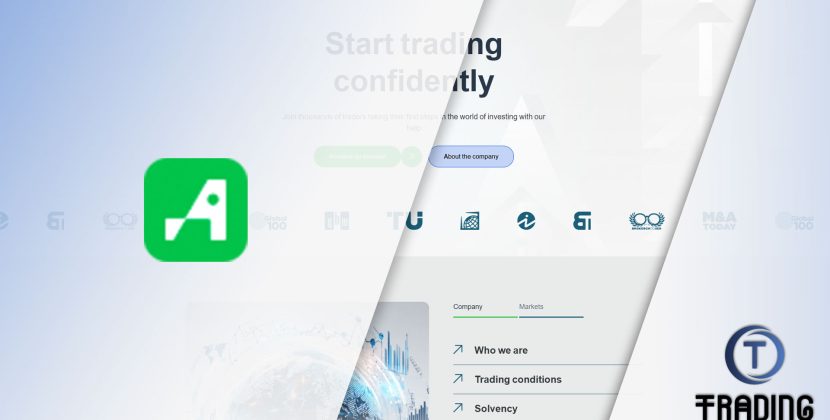
They kept asking for more deposits to ‘unlock profits’. That was the red flag right there.
Fake platform, fake regulation, fake everything. I can’t believe I fell for it.